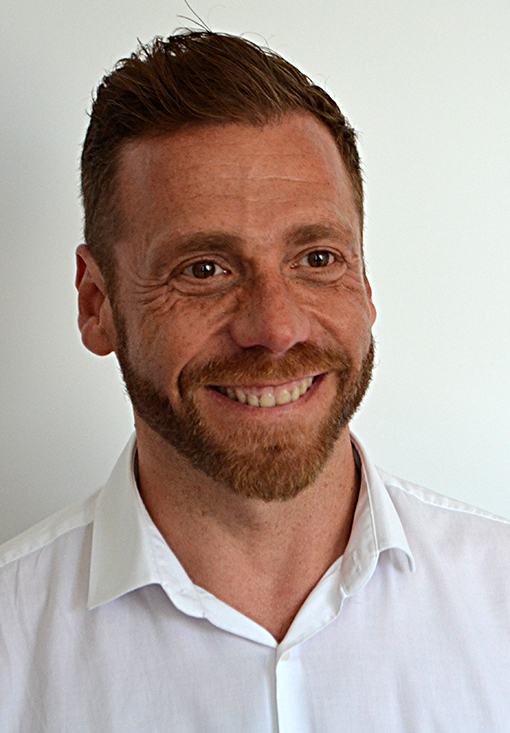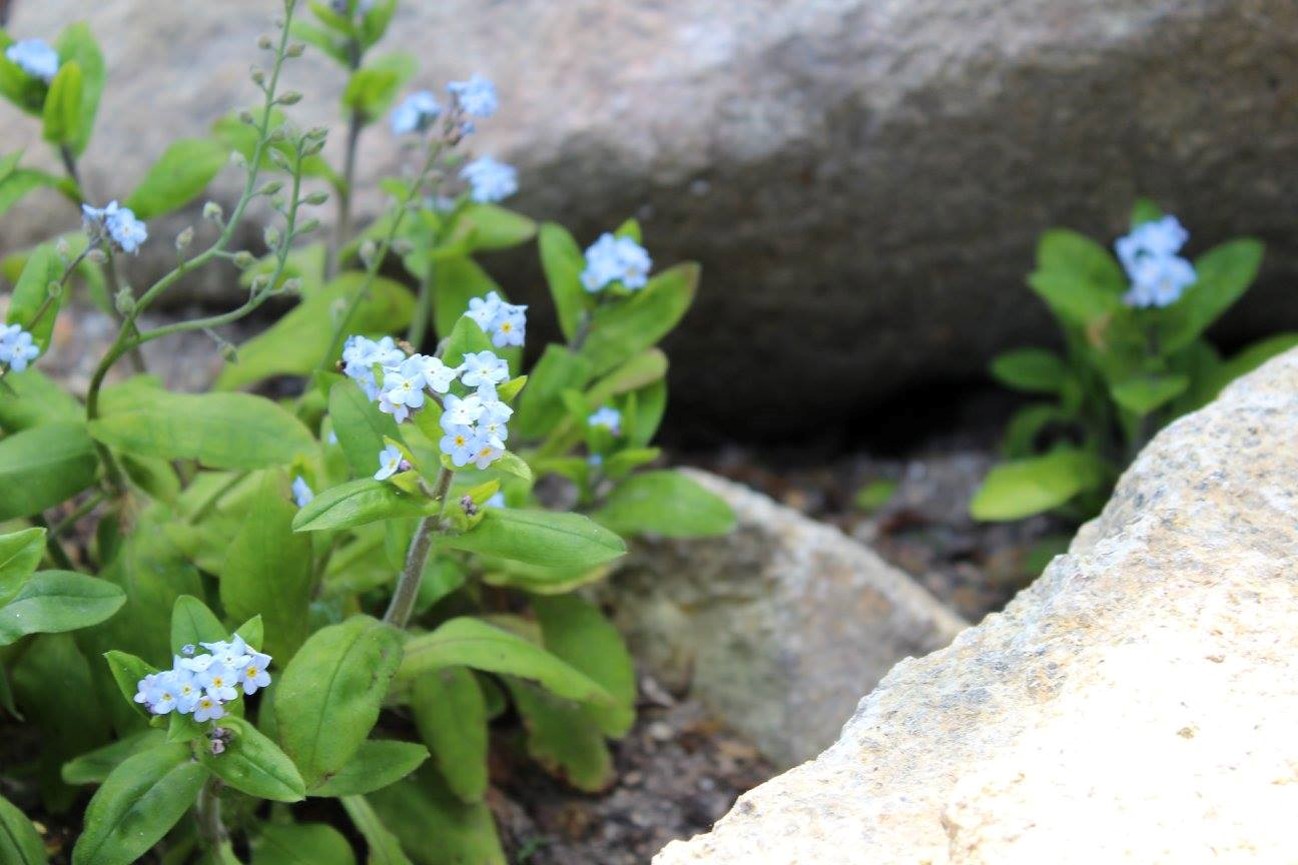 |
UMAC BOARD ELECTIONS 2025-2028 Candidate for: Chair Sébastien SoubiranJardin des sciences, University of Strasbourg ICOM No. 40828 Nominators: Marta Lourenco (Portugal), Cornelia Weber (Germany) |
Biographical note
Sébastien Soubiran is director of the Jardin des sciences, a cultural department of the University of Strasbourg, in charge of a planetarium and the coordination of the preservation and the valorisation of university’s collections and museums. He trained as a physicist and an historian of science in Paris and Oxford-UK. His present research work is at the crossword between social history of science and museum studies. He teaches material culture of science and academic heritage management. He was chief manager of the renovation of the zoological museum of Strasbourg, he curated 4 major exhibitions, co-authored a book and written more than 15 peer-reviewed articles.
Qualifications for the position
|
In recent years, I have assumed leadership positions in international and national organizations: as secretary (2011-2017), and president (2017-2024) of Universeum, a European network dedicated to the preservation and promotion of academic historical heritage; as a founding member of this network I played a major role in consolidating the network’s visibility and sustainability and in its formal statute as a French association, similar to ICOM. As president, I supported the creation and development of national networks (Belgium, Italy, Germany, Netherland, Poland, Scotland, United Kingdom). I attended my first UMAC annual conference and General Assembly in 2005 in Uppsala and was ex-officio member of UMAC between 2017 and 2024. I was enthusiastic about the strengthening of relations and collaboration with UMAC, of which I highlight three important initiatives: firstly, by collaborating on two ICOM-funded projects on mapping the training of university collections and museums professionals (2017-2019) and on ‘The Ethics of Restitution and Repatriation’ (2020-2022); secondly, on encouraging and organizing two joint annual conferences: one online in 2021 (postCOVID19) and the one in Dresden in 2024; thirdly, the creation of Universeum “Teaching with Objects” project, funded by European program Erasmus+, presently supported by UMAC to provide an international platform. I have coordinated national and international projects in scientific archives, social and cultural history of science, scientific collections and object-based teaching. All my professional life as curator, researcher and teacher has taken place in, and been driven by, university museums and collections. I initiated object-based teaching classes in my institution and organized the first Universeum training workshop on object-based teaching and research for young generation of scholars and curators in 2016 at the University of Strasbourg. As deputy director (2013-2021) and director (since 2021), I am head of University of Strasbourg’s department dedicated to science culture and science and society engagement. This “Science Garden” (Jardin des Sciences) is located in the University’s unique Franco-German historical campus and has France’s only, newly built university planetarium (opened in 2023) and its own zoological museum for which the management is shared between the University and the Municipality of Strasbourg and which has just reopened after six years of reconception and renovation (for which I was chief manager). In addition, we are currently renovating the mineralogical and paleontological museum (2023-2027). As a researcher, I am currently co-director of the special review savoirs collectés at the University Press of Strasbourg and member of the scientific committee of Colección Patrimonio Universitario of the Complutense University of Madrid. My expertise has been requested for various national and international committees and I have been invited to different conferences or training workshop among which Shanghai Jiao Tong University’s joint training workshop with UMAC in 2019 and 2024, a trip to Burkina Faso to represent ICOM France and an invitation as keynote speaker at ICOM international conference plenary in Prague 2022. Last but not least though I believe one should enlarge the number of official languages in ICOM, I am confident with French, English but can also understand Spanish. |
Main goals of candidacy
As Chair I will re-evaluate the conditions for the board to work as a team, with inclusive, respectful and meaningful interactions. I will assure that the Board is listening and accountable to its members as well as transparent in its business.
If elected I would like to articulate the three years mandate around three main directions:
1/ Consolidate UMAC’s visibility and sustainability
It is important to commit to digital access and better communication for all members.
UMAC has many online tools that were developed during preceding mandates and are good tools to communicate what our community is and is doing for example on UMAC YouTube channel our “Imaginations” series on which is focused on early career professionals and “Zoom in” series that presents new initiatives that can inspire our community. I will continue to support these initiatives.
- UMAC Awards are getting more and more visibility, receiving increasing nominations worldwide. I would like to attract as wide a pool of deserving applicants as possible for this award and also increase its visibility across ICOM.
- UMAC- the Journal is a very important tool to enhance our visibility among the professional and academic community. In order to reflect regional and area priorities and concerns, I would encourage the UMAC-J Board to seek proposals from under-represented areas on topics that are of local interest.
- I will also strengthen our connection with ICOM executive board in order to bring our research and professional expertise to the major issues under debate.
2/ Enhance UMAC’s inclusiveness and connections to better benefit our community at large
- In order to have the heritage community benefit more from the expertise and richness of its members I will encourage a more decentralized approach through working groups at local or regional level, using their own language. A specific example of this is The UMAC “Building Bridges / Construyendo Puentes” initiative, a bilingual platform that seeks to build a network of university museums and collections in the Spanish-speaking world. I hope to encourage similar projects in areas where currently there is little UMAC presence but potentially a number of important university museum collections.
- I will dedicate special attention to encouraging the participation of students and younger emerging professionals in UMAC activities, particularly from regions with low UMAC participation.
- I would prioritize UMAC digital presence to include more accessible online participation for annual conferences, and further support for the UMAC/UNIVERSEUM successful “Teaching with Objects” platform
3/ Highlight our commitment to important issues by identifying where we can best contribute
Decolonisation: strengthen our collaboration with researchers working on decolonisation issues by identifying and participating in active work within the organisation, especially on repatriation.
Human remains in U-medical collections: the issue of human remains in university medical collections still needs to be addressed in the context of ethics, display and research.
Science and society dialogue: UMAC should echo the effort of universities to fight against the growing suspicion towards science, in this era of ‘Fake News’ and of populism.
Sustainability, climate and social justice: University museums are the best place to constitute a forum that supports collective reflection and actions on a sustainable society, bringing together researchers, political and economic representatives and the territory’s inhabitants in all their diversity and their specific knowledge.
Surveillance and support: with the rise of military conflicts, political and economic crises all over the world UMAC should work closely with ICOM on heritage protection: raising the alarm and getting support to endangered U-museums and collections.
